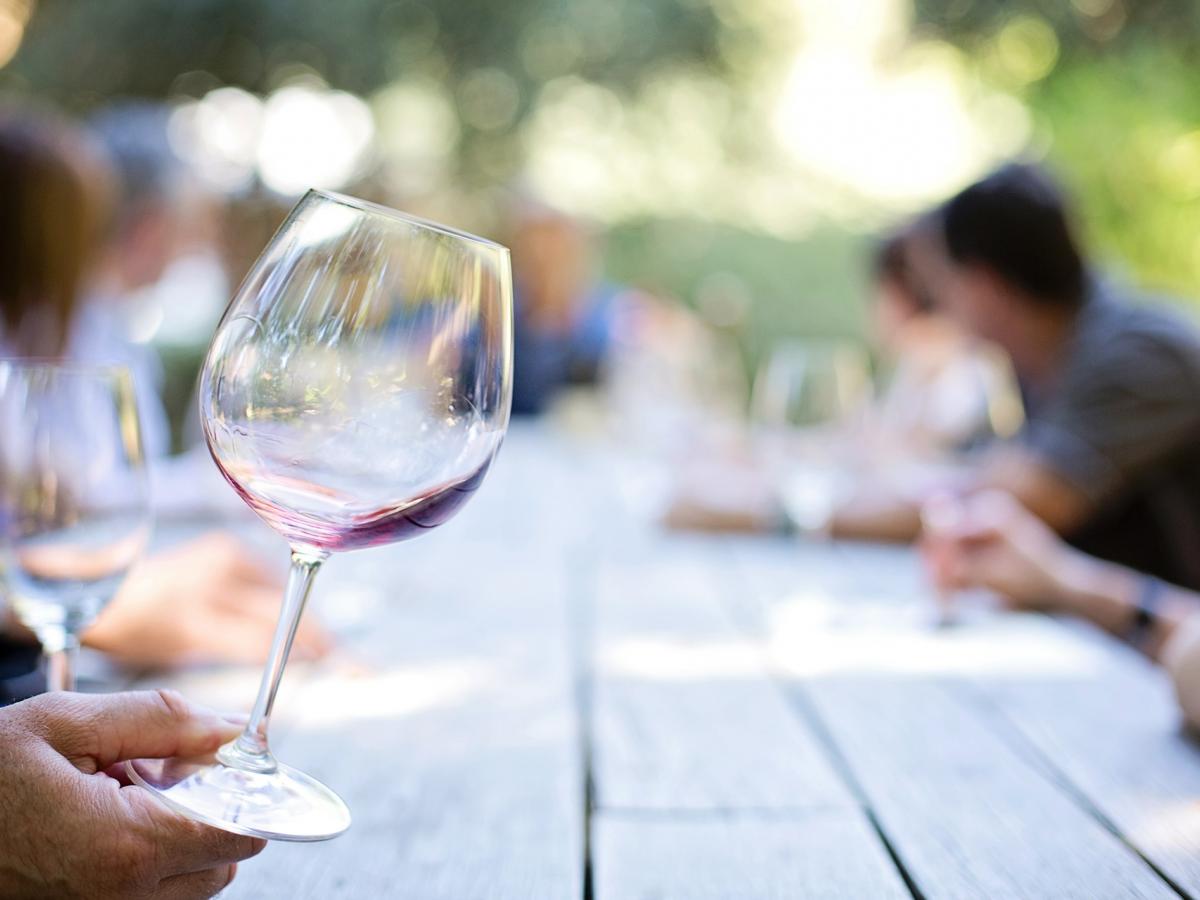
The University of Adelaide is the lead partner in three projects that have received grants under the Federal Government's Cooperative Research Centres Projects (CRC-P) Grants scheme. Working with its industry partners, the University will help create new styles of wine, explore for renewable natural hydrogen and recover critical minerals.
Acting Deputy Vice-Chancellor (Research) Professor Laura Parry from the University of Adelaide said: "This funding will help University of Adelaide researchers to collaborate with key industry partners on research that will benefit Australia's wine, mining and renewable energy sectors".
"By working in tandem with industry, we can make a tangible difference to the future sustainability of our planet and the well-being of its people."
Advancement of Australian lifestyle wines
A grant of nearly $3 million will support a project led by Australian Vintage Ltd to develop wines that have lower alcohol and calories than traditional styles. An interdisciplinary team from the School of Agriculture, Food and Wine and the Adelaide Business School, co-led by Professor Kerry Wilkinson, Dr Armando Corsi will work with colleagues from the Australian Wine Research Institute on the project. Wine industry partners include Drinkwise Australia Limited, Flavourtech Pty Limited, Tarac Technologies Pty Ltd, S. Smith & Son Pty Limited, Treasury Wine Estates Vintners Limited, Danstar Ferment AG, Mauri Yeast Australia Pty Limited and Chr. Hansen A/S.
The Australian wine sector could be a leading global producer of these new 'lifestyle wines'. To achieve this vision, industry-focused research is needed to produce, market and sell no- and low-alcohol (NOLO) wines that exceed consumer expectations.
This CRC-P will leverage the resources and expertise of a consortium of industry stakeholders and world-renowned researchers to address key NOLO winemaking challenges: microbial stability and shelf-life, flavour capture and re-use, mouthfeel and textural deficiencies, and the image of NOLO wine.
This multi-faceted approach will deliver growth in global markets, and therefore economic benefits for the wine industry.
"This funding will help University of Adelaide researchers to collaborate with key industry partners on research that will benefit Australia's wine, mining and renewable energy sectors."Professor Laura Parry, Acting Deputy Vice-Chancellor (Research) from the University of Adelaide
Accelerating exploration and extraction of renewable natural hydrogen
Professor Graham Heinson, Professor Simon Holford and Associate Professor Rosalind King from the School of Physics, Chemistry and Earth Sciences and the Institute for Sustainability, Energy and Resources received a grant of $863,000 as a partner on a project to accelerate the exploration and development of renewable natural hydrogen.
Led by Australian-owned renewable natural hydrogen technology company H2EX, this project will enable green and passive exploration techniques to accelerate the discovery of natural hydrogen.
The research into extraction solutions will provide a clear pathway to drill and extract the lowest cost hydrogen, which is expected to be up to 75 per cent cheaper than manufacturing hydrogen.
This CRC-P project, which includes the Australian National University and engineering consultancy Black & Veatch as partners, will help Australia remain at the forefront of an emerging sector globally and create substantial export opportunities, while retaining Australia's competitive advantage and highly regarded technical and engineering expertise.
In-Place Recovery: Solution mining of critical minerals
Associate Professor Chaoshui Xu and Professor Peter Dowd, from the School of Chemical Engineering and the Institute for Sustainability, Energy and Resources, will work with mining and mining-services companies Orica Australia Pty Ltd, OZ Minerals Limited and Core Resources Pty Ltd, on a project that has received a $2,415,000 grant.
Mining operations need to embrace novel technologies to overcome the challenging dilemma of increased demand for critical minerals whilst committing to sustainability.
In-place recovery allows for selective extraction of minerals without moving the rock mass to the surface, resulting in improved safety, lower cost, reduced energy and water consumption, and no tailings.
This project will investigate the feasibility of in-place recovery as an environmentally friendly solution through laboratory test work, development of an accurate modelling tool, and proof of concept via in-field demonstration.
All partners will benefit from the established collaboration under the CRC-P framework and expand their capabilities for emerging sustainable mining methods.
Cooperative Research Centres Projects grants provide funding for short-term research collaborations. These grants were announced by the Australian Government under the CRC Projects Round 14.






